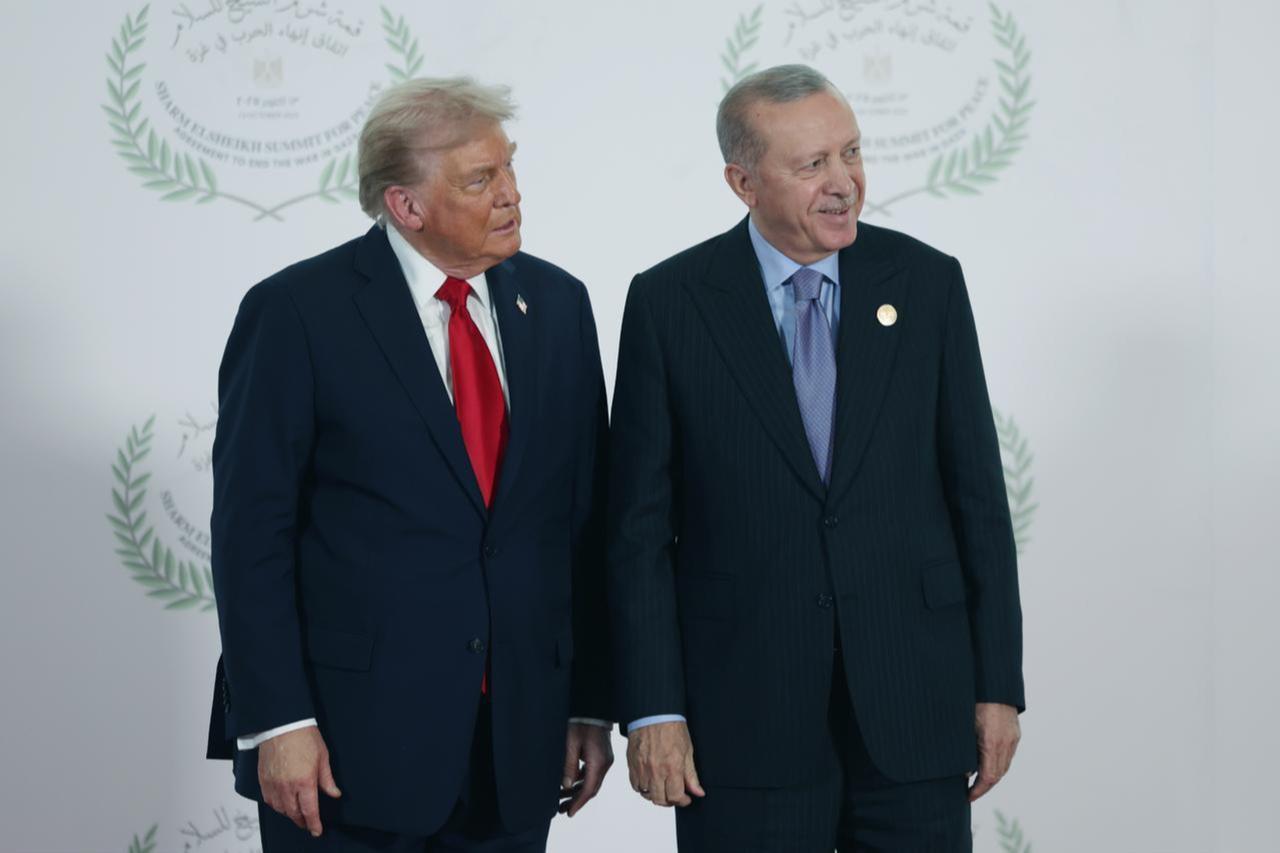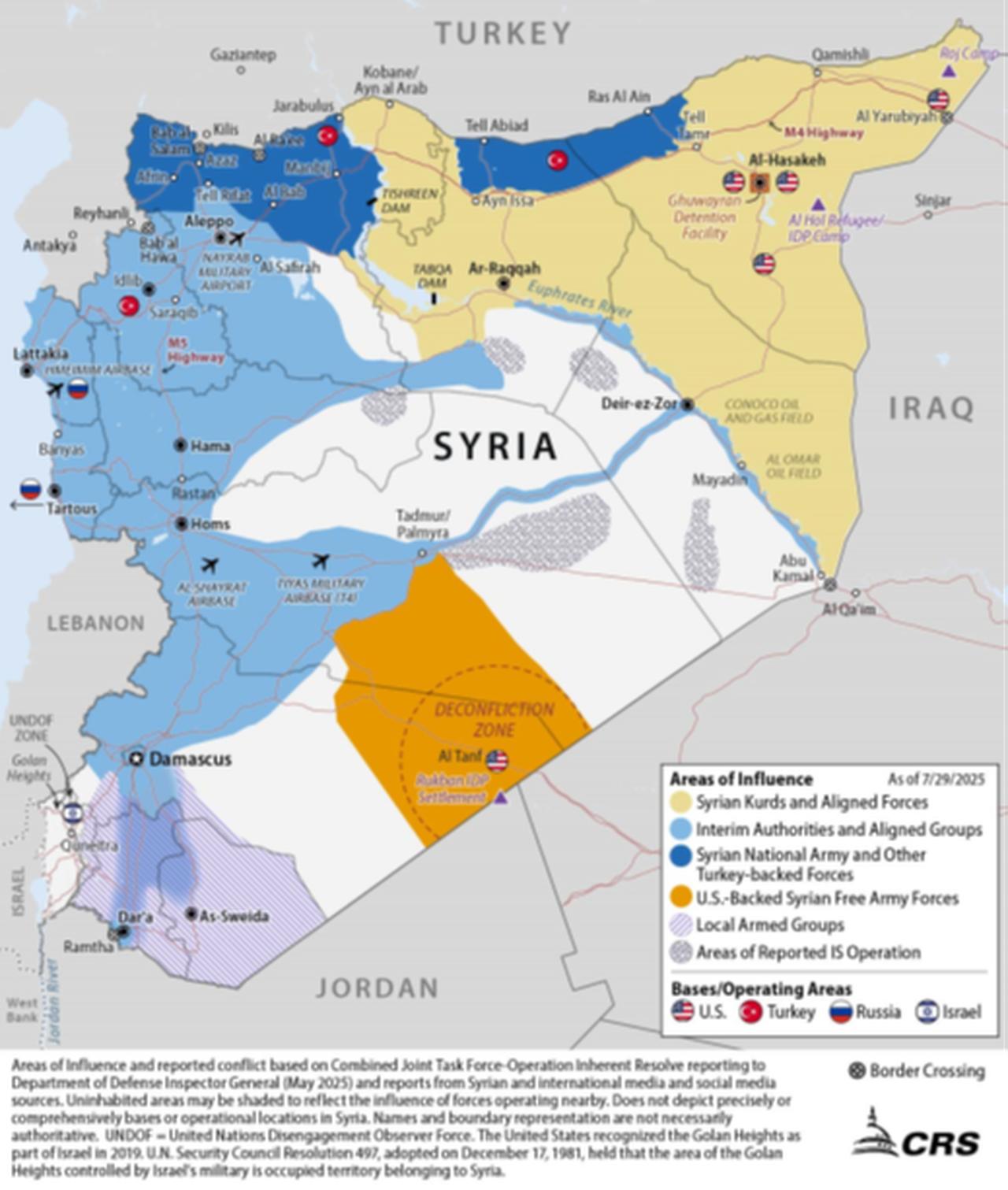
A new report prepared for members of the U.S. Congress by the Congressional Research Service (CRS) has described Türkiye as a “global swing state,” acknowledging Washington’s growing recognition of Ankara’s fluid and multidirectional foreign policy.
According to the report, Türkiye’s ability to maintain ties with both Western and Eastern blocs—despite its NATO membership—places it among countries such as India and Saudi Arabia that seek to maximize their leverage in a world of renewed great-power competition.
The report notes that while Türkiye’s NATO affiliation remains “important for its security,” it is also pursuing partnerships beyond the Western alliance, including applications to join BRICS and the Shanghai Cooperation Organization (SCO).
Since joining NATO in 1952, the nation has served as a cornerstone of the alliance’s southern flank. Its large military, control over the Bosphorus and Dardanelles Straits, and proximity to conflict zones in the Middle East and Eurasia make it indispensable to Western defense architecture.
Yet, the report highlights how Ankara’s pursuit of foreign-policy autonomy has long been a source of friction.
The most visible rupture came in 2019, when Türkiye purchased the Russian-made S-400 missile defense system after years of American unwillingness to sell Patriot batteries.
Ankara argued that Washington’s refusal to transfer technology and its delays in approving the Patriot sale left it with little alternative.
In response, the United States suspended Türkiye from the F-35 fighter jet program and imposed sanctions on its defense procurement agency under the Countering America’s Adversaries Through Sanctions Act (CAATSA)—penalties that remain in place.
Even so, the researchers emphasized that the bilateral defense ties have not frozen.
The CRS notes that Türkiye signed a $7 billion F-16 purchase and modernization agreement in June 2024 and that technical talks continue on possible arrangements to neutralize or relocate the S-400 system—a step that could reopen the door to renewed F-35 cooperation.
President Donald Trump has reportedly signaled willingness to revisit the issue if Ankara “renders the S-400 inoperable.”
Türkiye’s own TF Kaan fighter jet program, powered by U.S.-made General Electric engines, and its interest in acquiring Eurofighter Typhoons reflect both ambition and constraint: a determination to maintain defense independence while avoiding total rupture with Western suppliers.

The authors agree with the statement of President Donald Trump that the fall of Bashar al-Assad’s regime in December 2024 has made the Turkish policymakers the most influential outside actor in Syria.
The report details Ankara’s close coordination with the Sunni Arab-led interim government, including figures from Hay’at Tahrir al-Sham, and notes U.S. openness to cooperating with this administration as a hedge against renewed Iranian and Russian influence.
In this context, the lifting of sanctions against Syria was actually a move that directly contributed to U.S.-Turkish relations.
Another major shift came in May 2025, when the PKK announced its intention to disband and end its four-decade armed insurgency.
Soon after, its Syrian offshoot, the SDG, agreed to integrate into Syria’s national army.
While the arrangement remains incomplete, the report suggests that it offers a possible way to reconcile U.S. and Turkish interests without new confrontation.
The CRS report also portrays these developments as potentially stabilizing but fragile.
Violence between factions and minority militias has persisted, and Ankara’s expanding role has drawn Israel’s attention. Both countries now operate in overlapping zones of influence, prompting the establishment of a military hotline to prevent accidental clashes.
Beyond Syria and Israel, Ankara has recalibrated ties across its neighborhood. Relations with Saudi Arabia, the UAE, and Egypt have improved markedly since 2022, and tensions with Greece have eased following years of confrontation over maritime boundaries and energy rights.
Ankara also played a behind-the-scenes role in advancing the Azerbaijan-Armenia peace process, which culminated in the August 2025 White House ceremony, initialing a draft treaty and a “Trump Route for International Peace and Prosperity”—a proposed transit corridor linking Azerbaijan and Türkiye through Armenian territory.
The project could deepen Ankara’s influence in the South Caucasus while sidelining Iran and Russia.
Yet the report devotes significant attention to the deterioration in Türkiye-Israel relations since the October 2023 breakout.
Türkiye’s suspension of trade with Israel, ongoing political backing for Hamas, and harsh criticism of Israel’s conduct in Gaza have widened rifts in certain circles of Washington.
In what researchers described as Ankara’s “strongest actions yet,” are also being voiced regarding developments in domestic policy, pointing to Istanbul mayor Ekrem Imamoglu’s imprisonment.
Behind Ankara’s balancing act lies a familiar set of expectations. Turkish officials want to see progress on stalled defense cooperation—particularly the sale of modernized F-16s and, in the longer term, the possibility of rejoining the F-35 program.
They also expect Washington to lift the defense-related sanctions imposed in 2020, a move that would symbolize a return to trust between the two allies.
On Syria, Ankara hopes for U.S. backing in reshaping the post-war order so that Arab-led administrations supported by Türkiye gradually replace illegal formations in the country’s northeast.
Beyond the battlefield, Turkish policymakers seek recognition of their country’s growing influence across the Middle East, the eastern Mediterranean, the Black Sea, and the South Caucasus—regions where Ankara now sees itself as a decisive regional actor rather than a secondary NATO power.
On that end, Trump's man in Washington, U.S. Ambassador to Ankara Tom Barrack, stated that this support had been given.
The CRS report analysts in the report pose the question: “Should the Trump administration and Congress pursue closer cooperation with Türkiye given its potential strategic and economic benefits, or should they pause engagement due to Ankara’s hedging behavior and contentious internal politics?”
This ambivalence captures the current state of the relationship—a mix of pragmatic collaboration and structural mistrust stemming from the swinging.